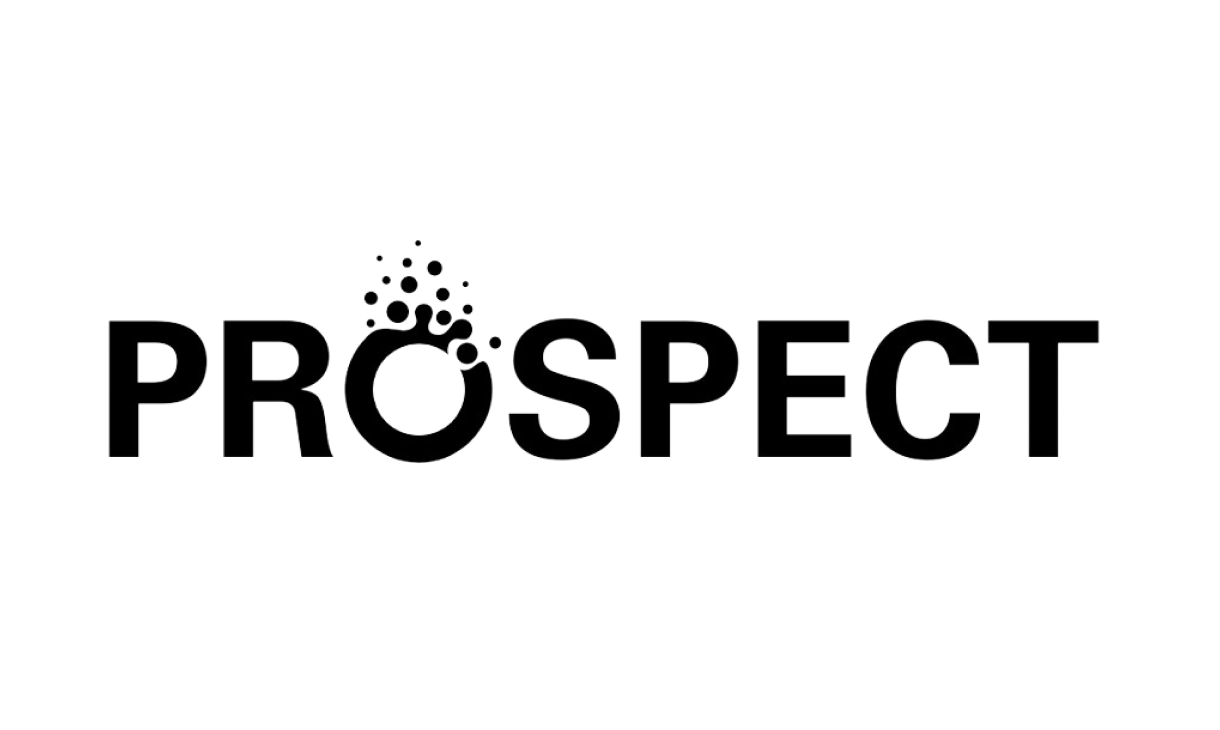We Spark the transformation of bold ideas into world-changing companies.
We Spark the transformation of Lorem Ipsum Etc.

Prospect Growth nanoengineers fertilizers to help growers increase farm profitability while reducing their nutrient inputs, empowering farmers to lessen the climate impacts of agriculture without asking them to change how they farm.
Fellow
Wyatt Arnold
Wyatt Arnold, co-founder and CEO of Prospect Growth, grew up planting trees on his family's timber farm in Indiana. Experiences like this inspired a career devoted to the natural world. He holds a B.S. from the University of Chicago and a Ph.D. from Yale University. Supported by a National Defense Science and Engineering Graduate Fellowship, his doctoral work focused on developing methane-suppressing fertilizers. At Prospect Growth, he is advancing nanoengineered fertilizers to help farmers grow more with less.

Technology
Critical Need
Fertilizer underpins global food production and is often a farmer's largest operating cost, yet its composition has seen limited innovation in past decades. While synthetic fertilizer supports life for half the world’s population, existing forms are inefficient at delivering nutrition to crops—the majority of applied fertilizer is never uptaken by plants. This inefficiency drives serious environmental issues, like runoff and eutrophication, with impacts of crop production generating more than eight gigatons of CO2eq per year. With global food demand rising and a third of crop-producing acres facing falling or stagnating yields, optimal crop fertilization remains essential.
Technology Vision
Prospect Growth manufactures nanoparticle-based fertilizers ("nanofertilizers") to increase crop yields while decreasing nutrient inputs and subsequent environmental losses. Over ten years of research have shown that nanofertilizers are better for crops and the environment than conventional fertilizers. Still, high production costs and a reliance on harsh chemicals during manufacturing have prohibited the use of these advanced materials. Prospect Growth has developed a new platform for scalable production at low cost using food-safe reagents.
Potential for Impact
Nanofertilizers can boost growth and yield by 20-30 percent while reducing dosage requirements by 50 to over 90 percent. This efficacy stems from the superior bioavailability of nanoparticles, which allow plants to uptake nutrients more efficiently and through more pathways than traditional fertilizers. Additionally, nanofertilizers can be customized to meet the specific needs of different farms, climatic conditions, and crop types through minor tweaks to their production chemistry. This personalized approach, similar to precision medicine and crop hybridization, promises maximized yields with minimal inputs.
